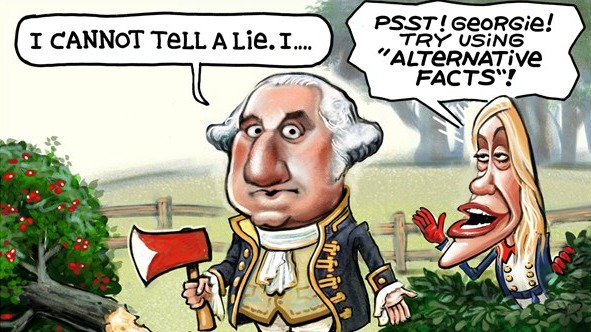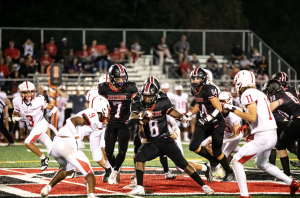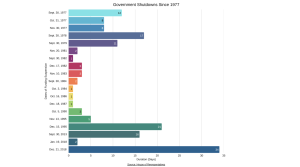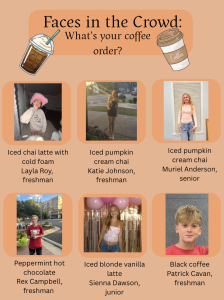A response to alternative facts

Kellyanne Conway has attempted to redefine how we see and determine truth, but I’m not falling for it (cartoon courtesy of Steve Sack/Minneapolis Star Tribune).
February 21, 2017
Imagine you are doing a presentation in front of class and someone raises their hand and cites error in your project. Let’s say that you or your partner knew that the error was there, but it made your project a lot more interesting. How would you respond?
Now imagine you were on T.V. on a major broadcast network with hundreds of thousands watching and you were called out for statements that were proven untrue. Would you apologize? Would you commit to researching more carefully in the future? Would you even comment?
Kellyanne Conway, the manager of Donald Trump’s campaign and a senior advisor to the President has a solution to this most unfortunate situation. What if instead of admitting to misinforming the viewers, you simply claim to have your own, alternative facts?
In an interview with Chuck Todd, after being asked why Donald Trump was “denying an utterly provable falsehood,” Kellyanne responded that Trump was simply operating with “alternative facts.”
Donald Trump and his campaign live in a world of alternative facts, and while they may have slid by during his campaign rallies where the press had no obligation to “interpret” his falsehoods, the media is finally owning up to their obligation to report the facts.
On January 25, Donald Trump was interviewed by ABC’s David Muir. During the interview, when grilled on the supposed voter fraud that Trump claims had taken place in California and other states, losing him the popular vote, this occurred:
MUIR: What you have presented so far has been
debunked. It’s been called… false.
TRUMP: No, it hasn’t. Take a look at the Pew reports.
MUIR: I called the author of the Pew report last
night. And he told me that they found no evidence
of voter …fraud.
TRUMP: Really? Then why did he write the report?
MUIR: He said no evidence of voter fraud.
TRUMP: Excuse me, then why did he write the report?
Stephen Colbert, a late show host and former Daily Show correspondent once coined the word “truthiness,” defined by the comedic icon as “the quality of seeming or being felt to be true, even if not necessarily true.”
What Donald Trump and his campaign are doing goes beyond even truthiness. They have information presented to them that contradicts their opinions, yet they continue to deny the information, often labeling it as biased and unfair.
So, maybe we need a new word. Luckily, we have one. It’s called a lie.
An alternative fact is just a confusing semantic meant to disguise the term “lie.”
The word itself, after all, is a combination of “alternative,” “different than” and “truth.” Arranged properly, an alternative fact is, just like a lie, “different then the truth.”








